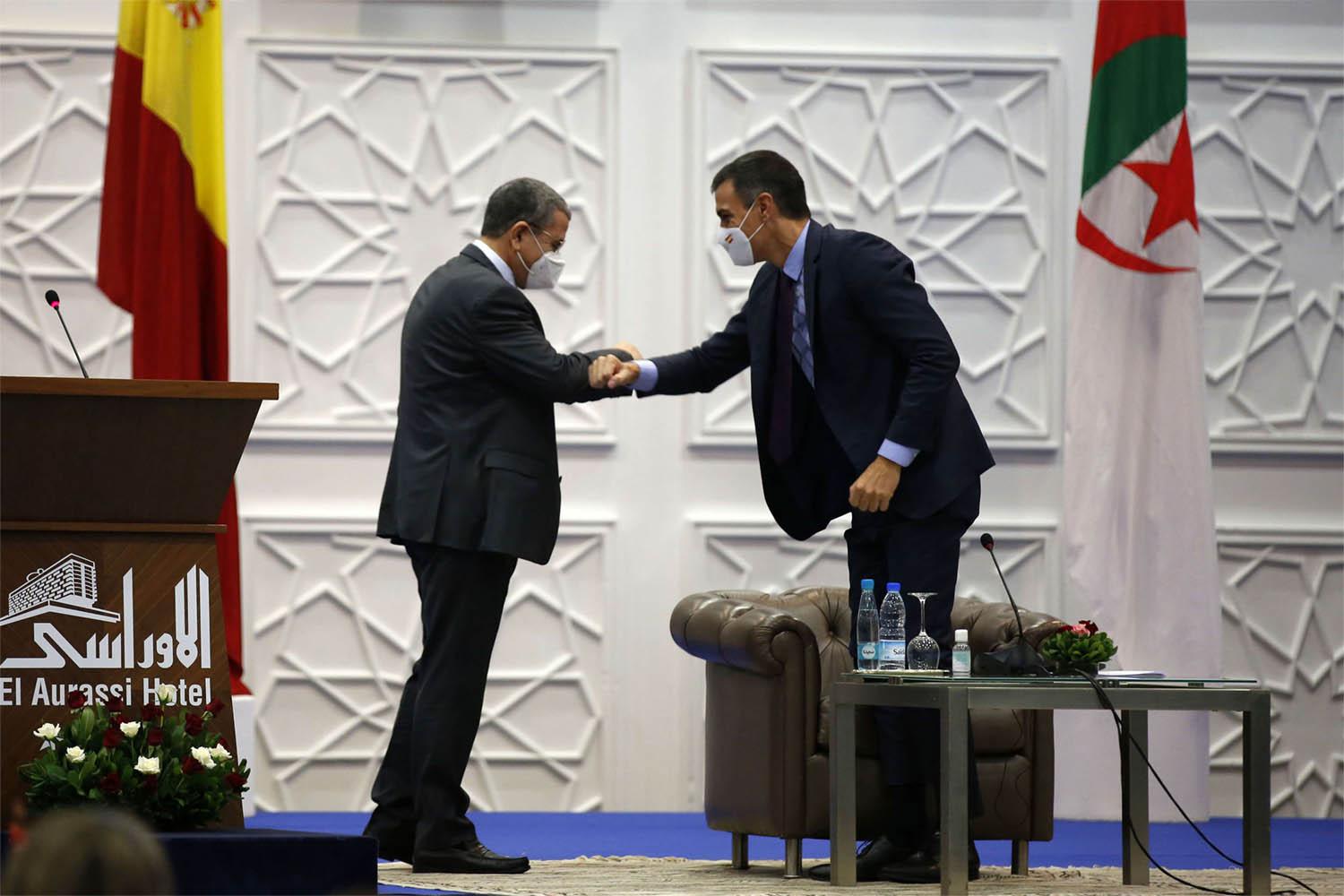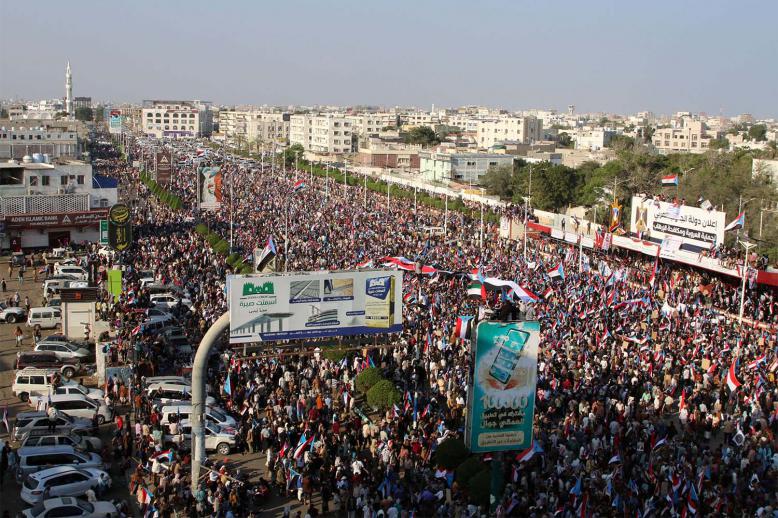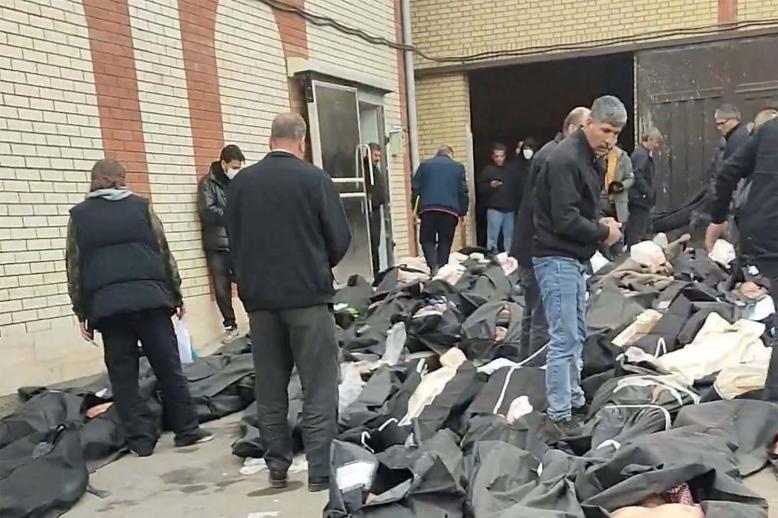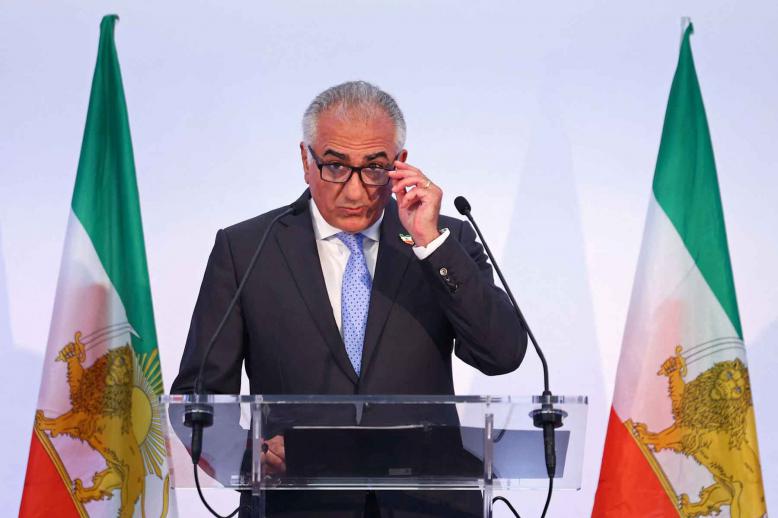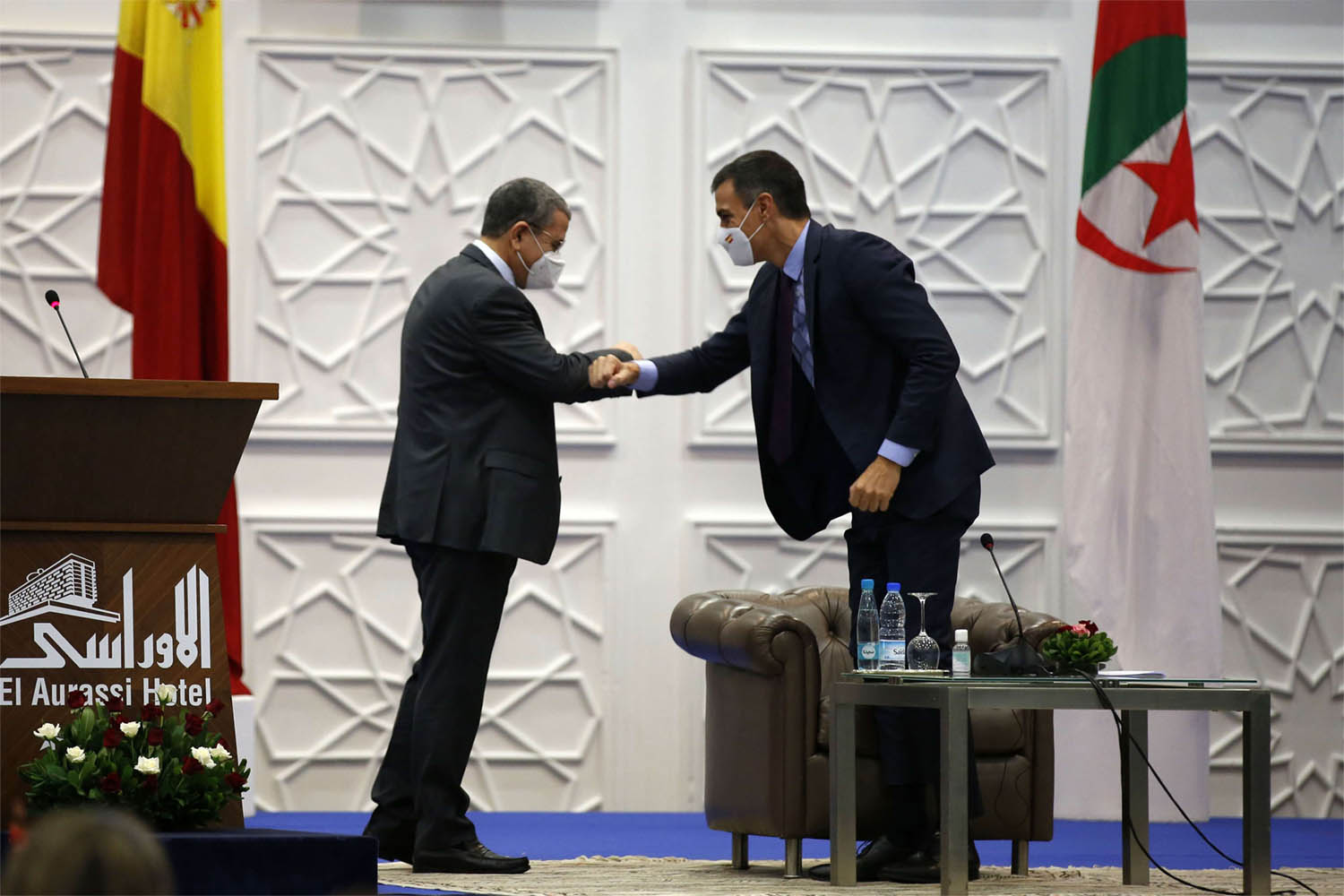Algeria ends friendship treaty with Spain
ALGIERS - The Algerian president’s office announced Wednesday that the North African nation was “immediately” suspending a two-decade-old friendship treaty with Spain.
It was the latest blow to increasingly wobbly relations between Algiers and Madrid, which depends on Algeria for a large part of its natural gas supply.
Tensions have soared in a complex three-way dispute after Spain gave its backing to Morocco’s position over the disputed territory of Western Sahara. Algeria backs the Polisario independence movement in the region, which rejects Morocco's annexation of Western Sahara. The Polisario are encamped in southern Algeria.
The statement from Algerian President Abdelmadjid Tebboune's office cited what it said was the “unjustifiable turnaround” in March on Spain’s position, amounting to a “fait accompli using fallacious arguments.” It said Spain has since campaigned “to justify” its position.
The statement said Spain was abusing its role as an “administrating power” in the Western Sahara until the United Nations sorts out the status of the vast, mineral-rich territory. It is, therefore, “contributing directly to the degradation of the situation in the Western Sahara and the region,” the Algerian president's office said.
“In consequence, Algeria has decided to proceed immediately with the suspension” of the treaty, which has served as the framework in the two countries’ ties, the statement said. The treaty dates to 2002.
Spain’s government said it regretted Algeria’s decision and reaffirmed its commitment to the friendship treaty.
“The Spanish government regards Algeria as a friendly neighbour country and restates its complete readiness to keep and develop the special cooperation relationship between our two countries, to the benefit of the people of both,” a Spanish Foreign Ministry statement said.
Spain was the former colonial power in Western Sahara until it was annexed by Morocco in 1975. Since then, Algeria and neighbouring Morocco have had tense ties over the fate of the Western Sahara, at one point fighting a desert war. Morocco wants some autonomy for the region with Moroccan oversight over what it calls its “southern provinces.”
The two African countries broke diplomatic relations in August in the standoff.
The Western Sahara issue has combined with turbulence over energy supplies from gas-rich Algeria. The Algerian press regularly refers to Spain’s backing for Morocco as a form of “treason.”
Algeria's diplomatic slap at Spain came hours after Spanish Prime Minister Pedro Sanchez spoke at length in Spain's Parliament on his decision to side with Morocco over the future of Western Sahara.
Sanchez said having Western Sahara operate autonomously under Moroccan rule is “the most serious, realistic and credible” initiative for resolving the long dispute over the territory.
While a leader in wind and solar power, Spain still needs to import natural gas to meet its energy needs.
In 2021, Algeria’s Sonatrach furnished Spain with more than 40% of its imported natural gas, most brought in via the underwater Medgaz pipeline. Another supply route to Spain was via the Maghreb Europe pipeline that passes through Morocco but that was shut off after the August break in diplomatic ties between Algeria and Morocco.
In recent months the United States has taken over as Spain's top natural gas supplier.
So far there is no indication that Algeria plans to not uphold its current contract to send gas to Spain via pipeline and tankers. But it has recently announced that Italy, with which it has a separate pipeline, will be a preferred customer as European countries scramble to find alternatives to Russian energy to punish it for its invasion of Ukraine.
“Algeria is well known for being a trustworthy supplier (of gas) and has given guarantees from the highest level of its government” that the gas will keep flowing, Spanish Foreign Minister José Albares said.


